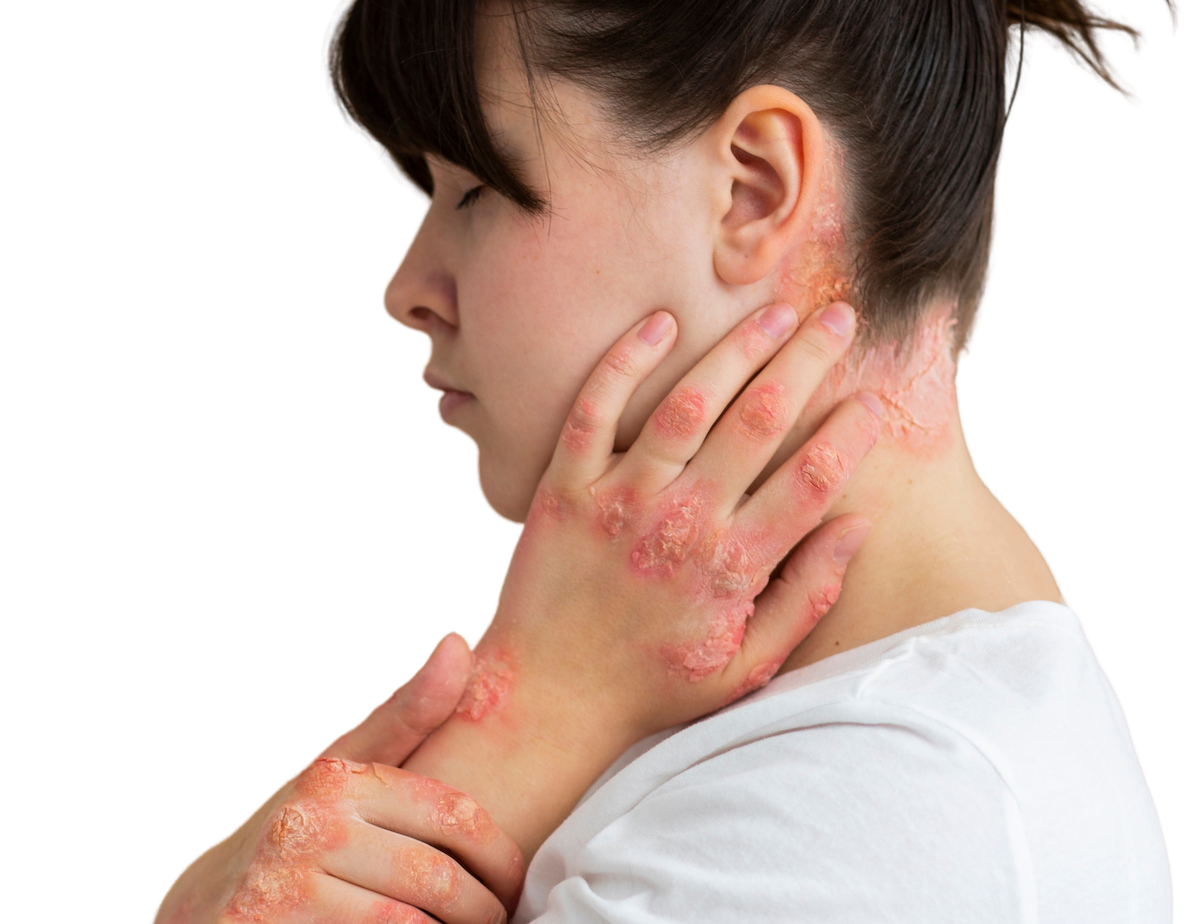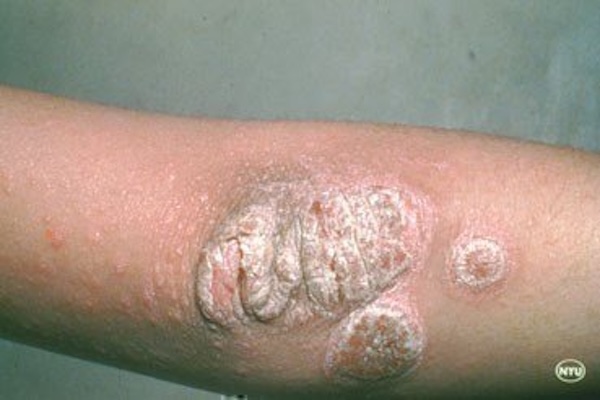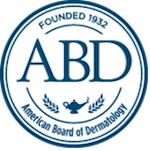Frequently Asked Questions
Who gets psoriasis?
Psoriasis affects about 7.5 million people in the U.S. It can occur at any age but is most common between ages 15–30 and 50–60. Caucasians are more likely to develop it. If psoriasis appears in children, it’s often inverse or guttate psoriasis. Family history plays a role, but having a relative with psoriasis doesn’t guarantee you will get it.
What causes psoriasis?
Psoriasis is not contagious. You can’t catch it from swimming, touching, or sexual contact. Scientists know it involves an interaction between a person’s genes and immune system. Even with genetic risk, psoriasis usually develops only when combined with certain triggers such as stress, strep throat, some medications (like lithium or malaria prevention drugs), skin injury, or cold/dry weather.
What are common symptoms of psoriasis?
Psoriasis causes thick, red, scaly patches of skin that may itch, burn, or crack. It can also affect the scalp, nails, and joints. Some people develop psoriatic arthritis, leading to joint stiffness or pain. Symptoms can range from mild to severe and may come and go in cycles.
How do dermatologists diagnose psoriasis?
A dermatologist will:
- Examine your skin, scalp, and nails.
- Ask about family history and possible triggers.
- Sometimes perform a skin biopsy to confirm diagnosis.
How is psoriasis treated?
There is no cure, but treatments can improve quality of life and may clear the skin. Options include:
- Topical treatments (creams, ointments, corticosteroids).
- Phototherapy (light therapy).
- Oral or injectable medications that calm the immune system.
The right plan depends on your health, lifestyle, and severity of symptoms.
What is the long-term outlook?
Psoriasis is a lifelong condition, but active management can ease symptoms, prevent flare-ups, and protect your overall health. Working with a dermatologist helps keep the disease under control.
How can I manage psoriasis day-to-day?
- Learn about your condition and identify triggers.
- Practice healthy habits: balanced diet, no smoking, limit alcohol, regular exercise.
- Manage stress through relaxation or counseling.
- Moisturize regularly to protect skin.
What should I watch for with my joints and nails?
Around 10–30% of patients develop psoriatic arthritis, which can cause joint stiffness, pain, or swelling. Nail changes like pitting, ridges, discoloration, or lifting from the nail bed may also signal psoriatic arthritis. Early treatment helps prevent joint damage.
Can psoriasis affect my mental health?
Yes. Many people with psoriasis experience depression, anxiety, or low self-esteem. If you feel overwhelmed, speak with a mental health professional or join a support group. Seeking help is a sign of strength, not weakness.
How do I use topical psoriasis medication correctly?
Dermatologists use the “fingertip unit” method to guide dosage. One fingertip unit is the amount of medicine squeezed from a tube along an adult fingertip. Different body areas require different amounts—for example, the scalp may need 3 units, while an elbow might only need 1. Always follow your dermatologist’s instructions.


















